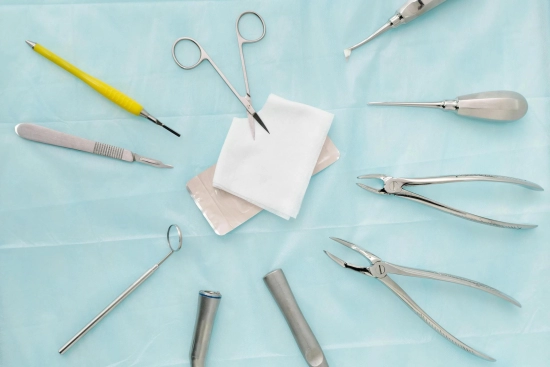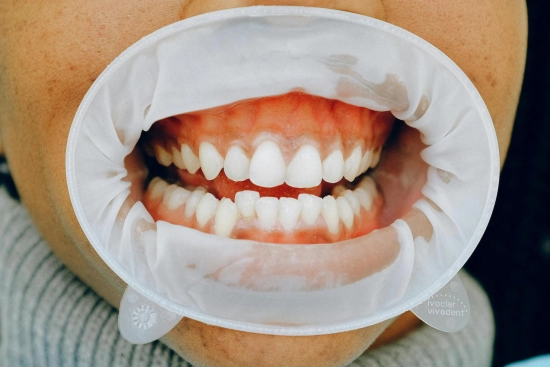Navigating Pregnancy and Dentistry: A Comprehensive Guide for Expectant Mothers

Introduction
Pregnancy is a miraculous and transformative period in a woman's life, accompanied by various physical and hormonal changes. Amid the excitement of impending motherhood, it's crucial for expectant mothers to prioritize their overall health, including dental care. This article aims to shed light on the intersection of pregnancy and dentistry, offering insights into maintaining optimal oral health during this special time.
1. The Importance of Oral Health During Pregnancy
Pregnancy is associated with hormonal fluctuations, particularly increased levels of estrogen and progesterone. These hormonal changes can lead to an increased risk of dental issues, such as gum inflammation, gingivitis, and even periodontal disease. Poor oral health during pregnancy has been linked to adverse outcomes, including preterm birth and low birth weight.
2. Common Dental Concerns During Pregnancy
-
Gingivitis
Hormonal changes may cause the gums to become more sensitive and prone to inflammation. This can result in gingivitis, characterized by red, swollen, and bleeding gums.
-
Pregnancy Tumors
Some pregnant women may develop non-cancerous growths on their gums called pregnancy tumors. While these growths are generally harmless, they can be associated with excess plaque and should be examined by a dentist.
-
Tooth Decay
Changes in eating habits, increased cravings for sugary foods, and morning sickness can contribute to an elevated risk of tooth decay during pregnancy.
3. Safe Dental Practices During Pregnancy
-
Regular Dental Check-ups
It is essential for expectant mothers to continue their regular dental check-ups. Routine cleanings and examinations can help prevent and address any emerging issues promptly.
-
Inform Your Dentist
Inform your dentist about your pregnancy and provide details about any changes in medication or supplements you may be taking. This information will help them tailor their approach to your specific needs.
-
X-rays and Anesthesia
Dental X-rays and local anesthesia can be safe during pregnancy when necessary. However, it's important to discuss any concerns with your dentist, and they may take additional precautions to minimize exposure.
-
Oral Hygiene at Home
Maintaining a rigorous oral hygiene routine at home is crucial. Regular brushing, flossing, and using an antiseptic mouthwash can help prevent or manage common dental issues during pregnancy.
4. Addressing Dental Issues Safely
In the event of dental problems during pregnancy, certain treatments may be postponed until after childbirth. However, some issues cannot wait, and it's crucial to strike a balance between addressing dental concerns and ensuring the safety of both mother and baby.
5. Nutritional Support for Oral Health
A well-balanced diet rich in essential nutrients, particularly calcium, vitamin D, and phosphorus, is vital for maintaining strong teeth and bones. Adequate hydration also supports overall oral health.
Conclusion
Pregnancy is a unique and transformative journey, and oral health plays a crucial role in the overall well-being of expectant mothers. By staying vigilant about dental care, communicating openly with healthcare providers, and maintaining a healthy lifestyle, pregnant women can ensure that their smiles remain radiant and their overall health is prioritized throughout this extraordinary time. Regular dental check-ups and a proactive approach to oral hygiene will contribute to a healthier pregnancy and a brighter, cavity-free future for both mother and child.




